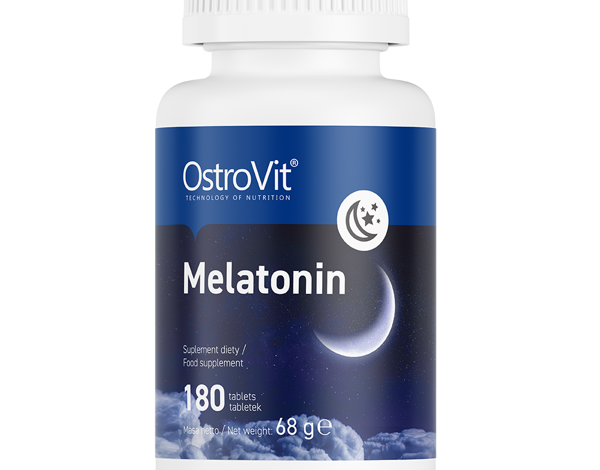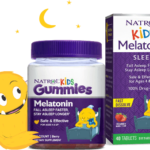Is It Safe To Take Melatonin?

Melatonin, usually referred to as the sleep hormone, is a central part of the body’s sleep-wake cycle. Its production increases with evening darkness, promoting healthy sleep and helping to orient our circadian rhythm. Melatonin sleep aids are growing in popularity, with 3 million Americans using them in 2012, according to a nationwide survey from the Centers for Disease Control and Prevention. If you’re among them or are considering melatonin for sleep, it’s smart to understand exactly how melatonin works.
“Your body produces melatonin naturally. It doesn’t make you sleep, but as melatonin levels rise in the evening it puts you into a state of quiet wakefulness that helps promote sleep,” explains Johns Hopkins sleep expert Luis F. Buenaver, Ph.D., C.B.S.M. “Most people’s bodies produce enough melatonin for sleep on their own. However, there are steps you can take to make the most of your natural melatonin production, or you can try a supplement on a short-term basis if you’re experiencing insomnia, want to overcome jet lag, or are a night owl who needs to get to bed earlier and wake up earlier, such as for work or school.”
For melatonin supplements, particularly at doses higher than what the body normally produces, there’s not enough information yet about possible side effects to have a clear picture of overall safety. Short-term use of melatonin supplements appears to be safe for most people, but information on the long-term safety of supplementing with melatonin is lacking.
Also keep in mind:
Interactions with medicines. As with all dietary supplements, people who are taking medicine should consult their health care providers before using melatonin. In particular, people with epilepsy and those taking blood thinner medications need to be under medical supervision when taking melatonin supplements.
Possible allergic reaction risk. There may be a risk of allergic reactions to melatonin supplements.
Safety concerns for pregnant and breastfeeding women. There is currently a lack of research on the safety of melatonin use in pregnant or breastfeeding women.
Safety concerns for older people. The 2015 guidelines by the American Academy of Sleep Medicine recommend against melatonin use by people with dementia. Melatonin may stay active in older people longer than in younger people and cause daytime drowsiness.
Regulation. Melatonin is regulated as a dietary supplement In the United States, melatonin is considered a dietary supplement. This means that it’s regulated less strictly by the Food and Drug Administration (FDA) than a prescription or over-the-counter drug would be. In several other countries, melatonin is available only with a prescription and is considered a drug.
Products may not contain what’s listed on the label. Some melatonin supplements may not contain what’s listed on the product label. A 2017 study tested 31 different melatonin supplements bought from grocery stores and pharmacies. For most of the supplements, the amount of melatonin in the product didn’t match what was listed on the product label. Also, 26 percent of the supplements contained serotonin, a hormone that can have harmful effects even at relatively low levels.
Is melatonin safe for children?
In addition to issues mentioned above, there are some things to consider regarding melatonin’s safety in children.Melatonin supplements appear to be safe for most children for short-term use, but there aren’t many studies on children and melatonin. Also, there’s little information on the long-term effects of melatonin use in children. Because melatonin is a hormone, it’s possible that melatonin supplements could affect hormonal development, including puberty, menstrual cycles, and overproduction of the hormone prolactin, but we don’t know for sure.
Possible melatonin supplement side effects reported in children have usually been mild and have included:
- Drowsiness
- Increased bedwetting or urination in the evening
- Headache
- Dizziness
- Agitation.
What are the side effects of melatonin?
A 2015 review on the safety of melatonin supplements indicated that only mild side effects were reported in various short-term studies that involved adults, surgical patients, and critically ill patients. Some of the mild side effects that were reported in the studies included:
- Headache
- Dizziness
- Nausea
- Sleepiness.
The possible long-term side effects of melatonin use are unclear.





